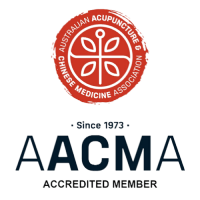Service
Acupuncture
Acupuncture Surry Hills – acupuncture is used every day by people all over the world and has been used by millions of people for thousands of years.
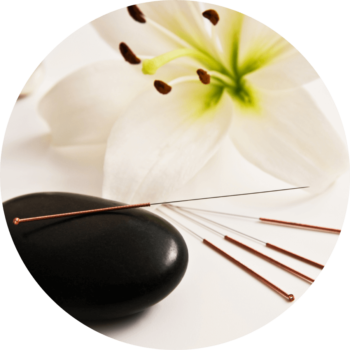
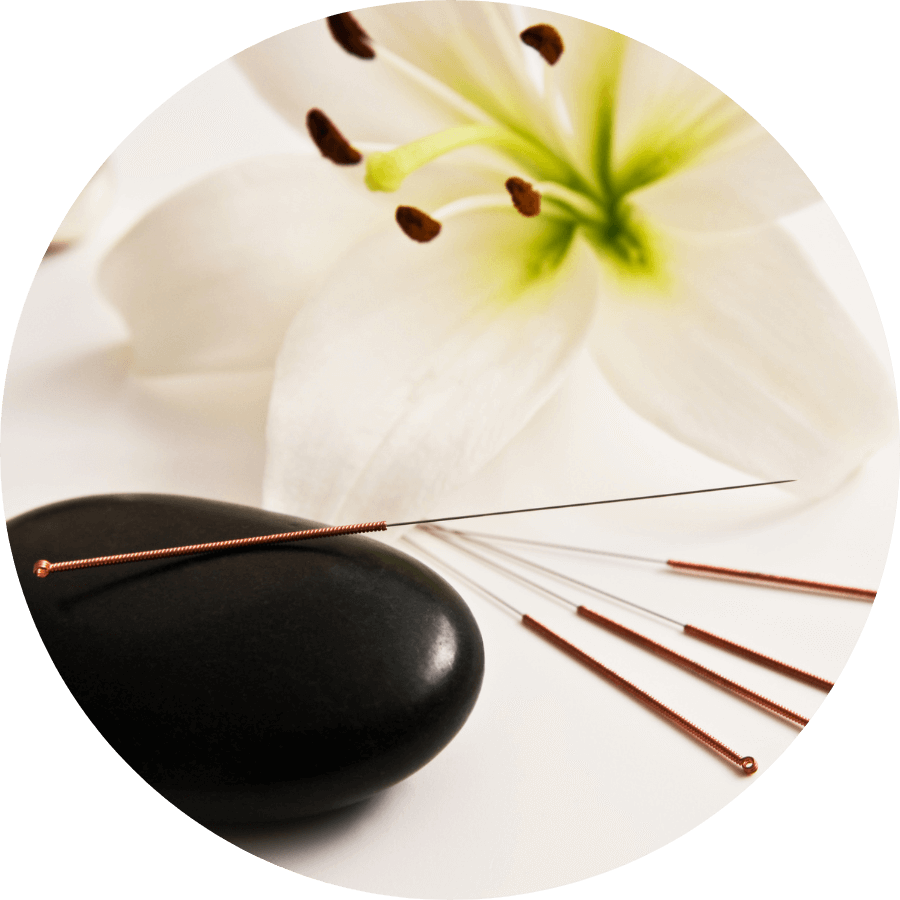
Service
Acupuncture
Acupuncture is used every day by people all over the world and has been used by millions of people for thousands of years.
What does Acupuncture do?
In traditional Chinese medicine energy (Qi) is believed to flow through the body along particular pathways. When this flow is disrupted by becoming depleted or blocked, your body becomes unbalanced and unwell.
Your acupuncturist will assess these disruptions according to your symptoms and the principles of Chinese medicine. Very fine, sterile needles are then gently inserted into points along your meridians to regulate the flow of Qi, helping to restore balance and encouraging the body to heal itself.
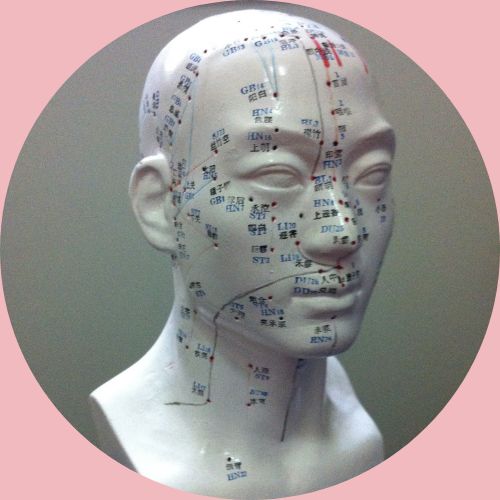
How many treatments will I need?
The number of treatments you will need depends on the severity and complexity of your condition and how long you’ve had it. A common treatment plan for a single complaint would typically involve one treatment each week for a number of weeks. As your condition improves you will need less frequent treatments. Your acupuncturist will be able to estimate the number of treatments you will need once they have observed how your body responds to your first few treatments. Generally, acute conditions improve more quickly than chronic conditions that are usually more complex. In some cases Chinese herbal medicine is combined with acupuncture.
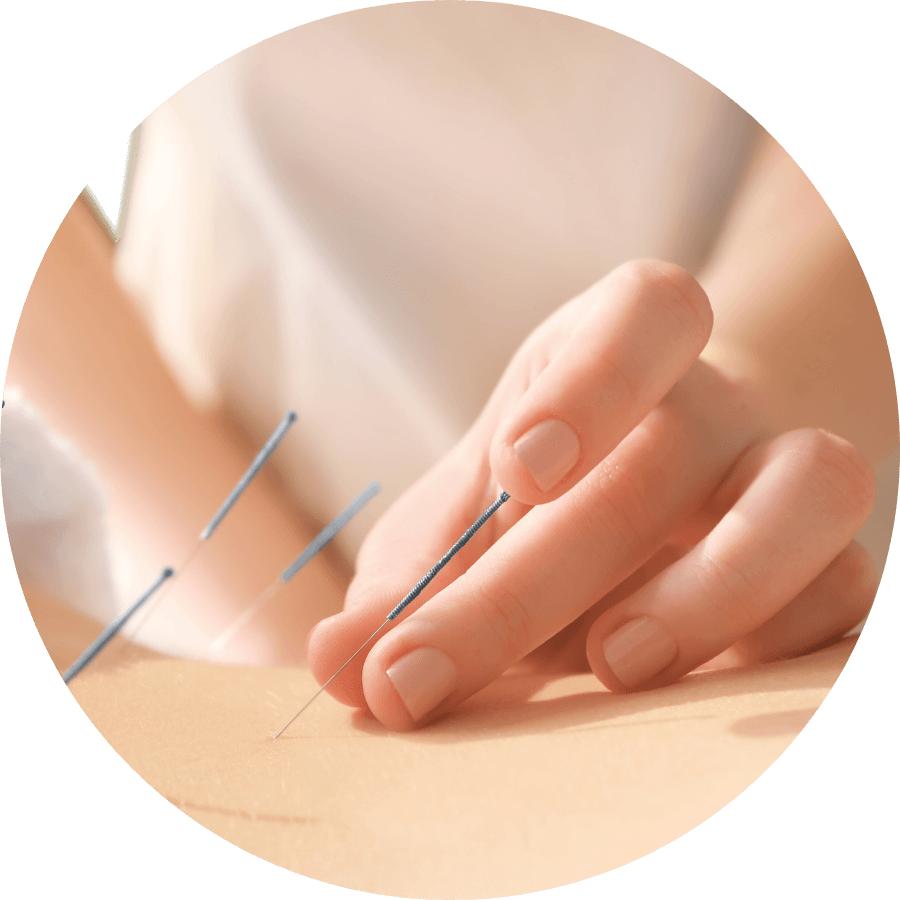
What to expect at your first acupuncture treatment?
You will first have a consultation with your acupuncturist which involves a thorough assessment of your condition in order to make a diagnosis according to TCM principles. Your medical history, family medical history, diet, lifestyle and any medications or supplements you are taking will also be noted and taken into consideration. Your tongue and abdomen will be carefully examined. Your pulses will be felt to evaluate the strength , rhythm and quality at various positions.
You will then lie down in a comfortable position and very fine sterile acupuncture needles will be inserted at specific points and the needles will usually stay in for about 25 minutes. You may feel a mild dull sensation or a bit of a tingle. Most people find the experience very relaxing and some will even fall asleep during the treatment. Moxibustion (heat produced by a particular herb), cupping, electroacupuncture and/or massage may also be used.
The risks of acupuncture are low if you have a competent, certified acupuncture practitioner using sterile needles. Common side effects include soreness and very minor bleeding or bruising where the needles were inserted. Single-use, disposable needles are now the practice standard, so the risk of infection is minimal.
An extremely rare side effect is ‘needle shock’, a vasovagal response where someone feels faint, chilly and slightly nauseous. As uncommon as this is, when it does happen the needles are immediately removed and the symptoms usually resolve fairly quickly.
Acupuncture is commonly accessible in hospital settings in countries like China, the USA, Germany and New Zealand, as an adjunct to other care the patient is receiving. Acupuncture has many complex effects on the body which are only just starting to be explored and understood with modern research methods. If you’d like to read about acupuncture research, please check out this link.
What does Acupuncture do?
In traditional Chinese medicine energy (Qi) is believed to flow through the body along particular pathways. When this flow is disrupted by becoming depleted or blocked, your body becomes unbalanced and unwell. Your acupuncturist will assess these disruptions according to your symptoms and the principles of Chinese medicine. Very fine, sterile needles are then gently inserted into points along your meridians to regulate the flow of Qi, helping to restore balance and encouraging the body to heal itself.
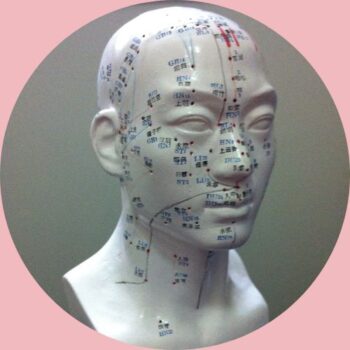
How many treatments will I need?
The number of treatments you will need depends on the severity and complexity of your condition and how long you’ve had it. A common treatment plan for a single complaint would typically involve one treatment each week for a number of weeks. As your condition improves you will need less frequent treatments. Your acupuncturist will be able to estimate the number of treatments you will need once they have observed how your body responds to your first few treatments. Generally, acute conditions improve more quickly than chronic conditions that are usually more complex. In some cases Chinese herbal medicine is combined with acupuncture.
What to expect at your first appointment?
You will first have a consultation with your acupuncturist which involves a thorough assessment of your condition in order to make a diagnosis according to TCM principles. Your medical history, family medical history, diet, lifestyle and any medications or supplements you are taking will also be noted and taken into consideration. Your tongue and abdomen will be carefully examined. Your pulses will be felt to evaluate the strength , rhythm and quality at various positions.
You will then lie down in a comfortable position and very fine sterile acupuncture needles will be inserted at specific points and the needles will usually stay in for about 25 minutes. You may feel a mild dull sensation or a bit of a tingle. Most people find the experience very relaxing and some will even fall asleep during the treatment. Moxibustion (heat produced by a particular herb), cupping, electroacupuncture and/or massage may also be used.
The risks of acupuncture are low if you have a competent, certified acupuncture practitioner using sterile needles. Common side effects include soreness and very minor bleeding or bruising where the needles were inserted. Single-use, disposable needles are now the practice standard, so the risk of infection is minimal.
An extremely rare side effect is ‘needle shock’, a vasovagal response where someone feels faint, chilly and slightly nauseous. As uncommon as this is, when it does happen the needles are immediately removed and the symptoms usually resolve fairly quickly.
Acupuncture is commonly accessible in hospital settings in countries like China, the USA, Germany and New Zealand, as an adjunct to other care the patient is receiving. Acupuncture has many complex effects on the body which are only just starting to be explored and understood with modern research methods. If you’d like to read about acupuncture research, please check out this link.
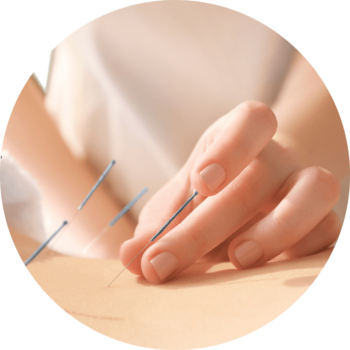
Flow Chinese Medicine @ Wellshare
Level 1, 17 Randle St
Surry Hills NSW 2010

